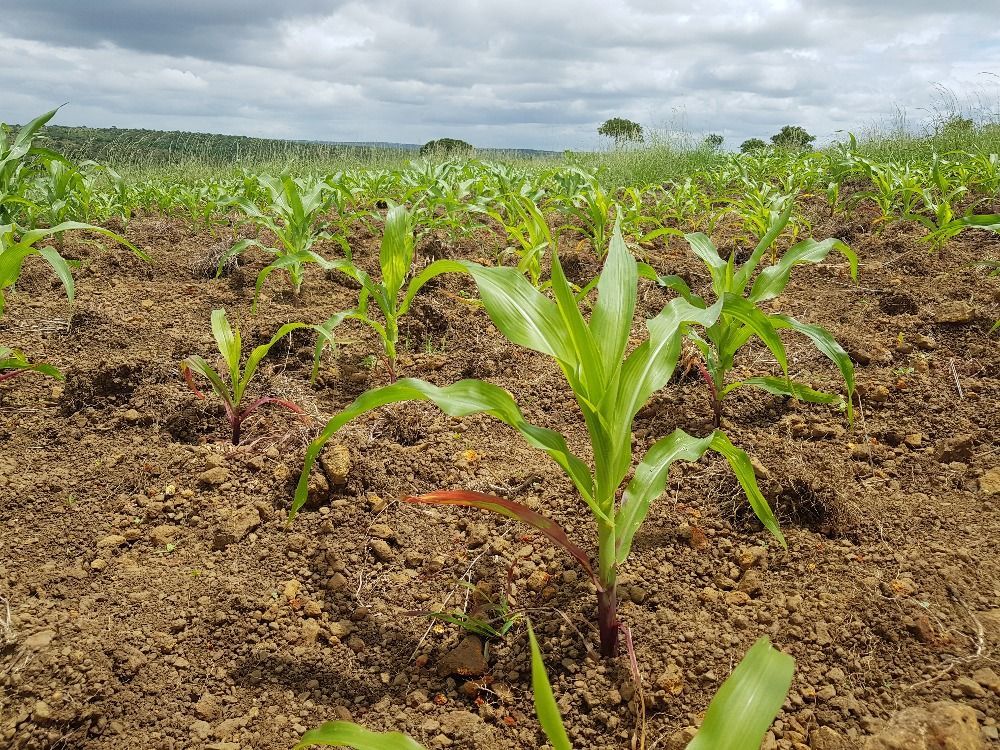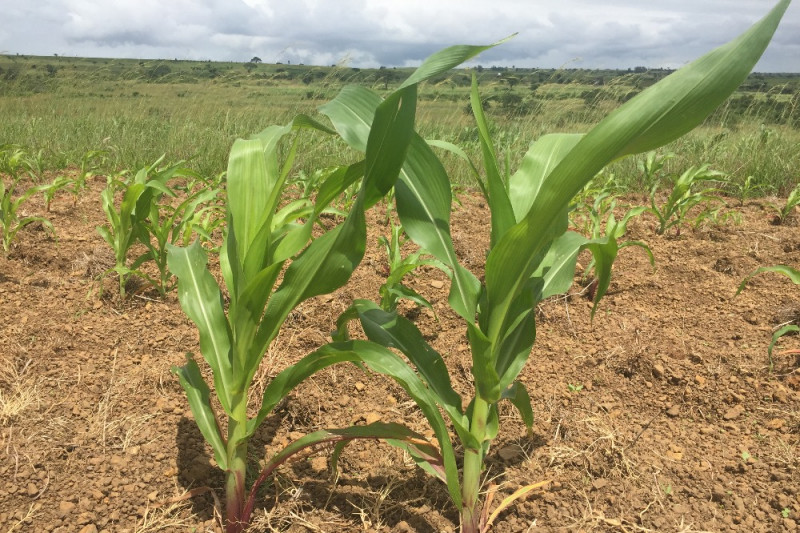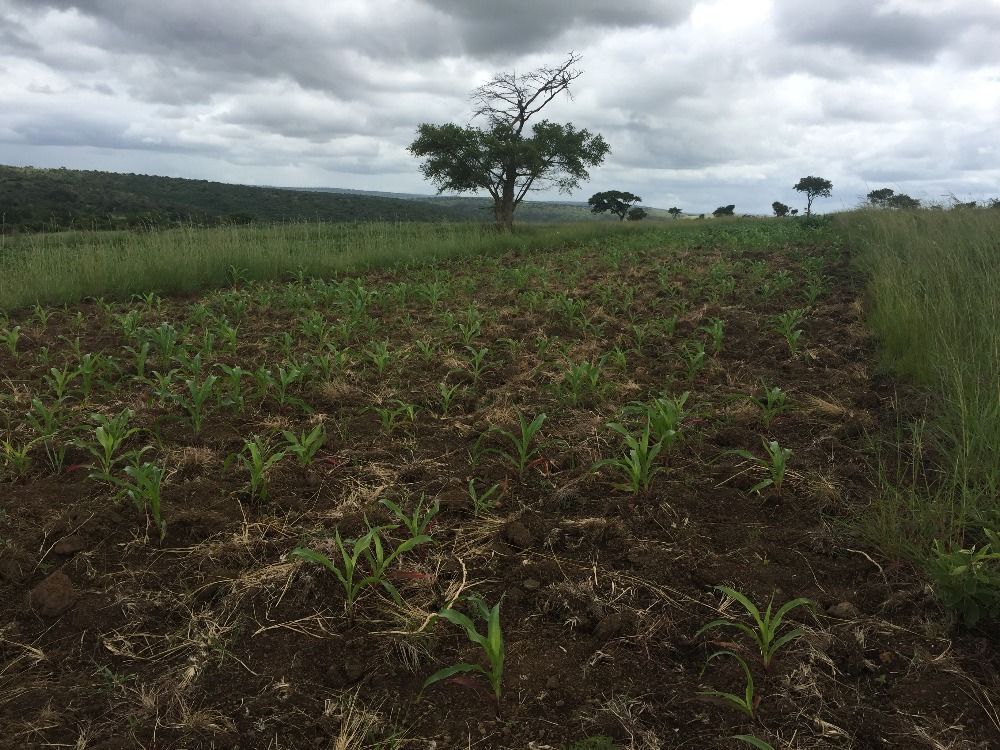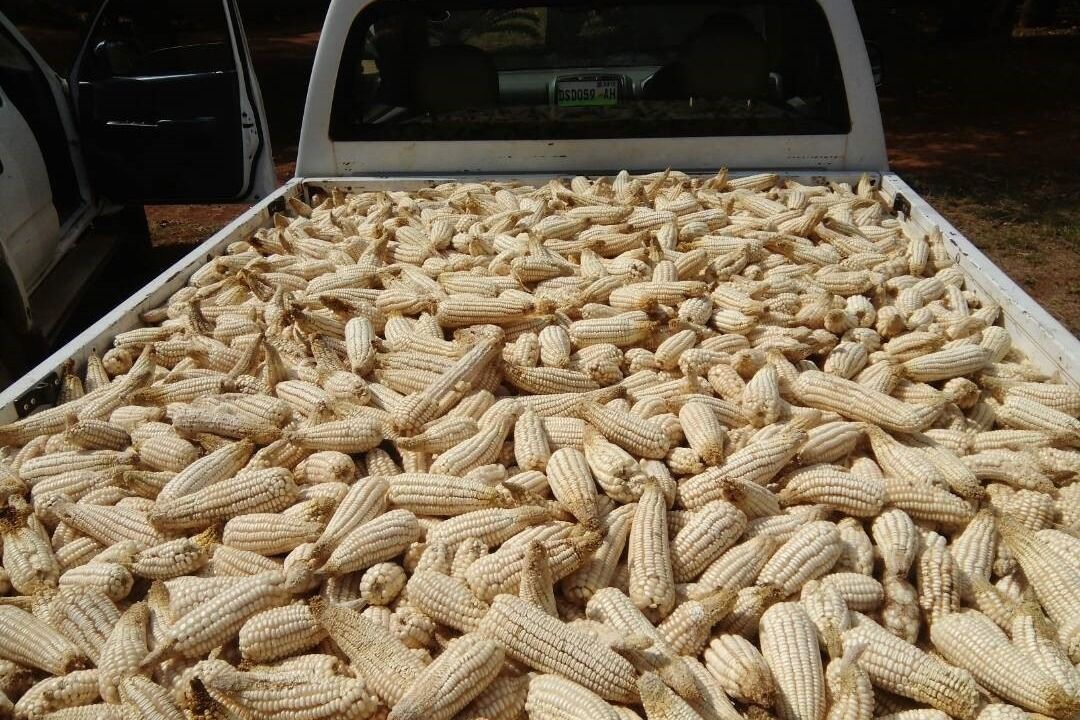Our dual aid and sustain model of care nested within a larger all encompassing principle of honouring human dignity which informs the way the two project categories aid and sustain are conducted at every level.
Project: Income generation projects (IGP)
This project recognises the unique strengths and experience of individuals, and empowers them to generate an income and become self-sufficient. Income generation projects include small scale goats or chicken farming; creating jewellery, soap, bags and mats; growing fruit and vegetables; producing baked goods; and establishing a street store.
Individuals invest their profits to purchase further materials, and maintain a sustainable enterprise. Our team provides ongoing support to identify issues early and develop solutions, and teach budgeting and enterprise skills.
An example IGP:
Tina’s Joy
Tina Matsenjwa is an example of an income generation success story. She has AIDS and lives in extreme poverty in a rural part of the Lubombo region. She is a warmperson who cares for 6 children.
PDI supported Tina to establish an income generation project, where she goes across the border to Mozambique [NN1] and purchases fish. She brings them back and sells them to her community. She has done so well that she has sent her children to school and set up electricity in her home. Through our Tandla Tiyagezana (Pay It Forward concept) she gives at least one fish to a local Gogo (Grandma) down the road – to extend the chain of kindness….
The video above shows the day that PDI purchased a freezer as a cold storage area for the fish she sells…
Project: Empowerment Packages
Empowerment Packages give extremely disadvantaged families the chance to live dignified, self-sufficient lives. Each package includes: housing, a clean water supply, IGP, agricultural project and ‘pay it forward’ concept.
Project: Swazi Innovators for Change
Aim: To facilitate poverty alleviation through economic empowerment of Swazi women
Objectives:
To support income generation and empowerment of Swazi women, and indirectly, their families and communities
To develop budgeting and enterprise skills among innovative Swazi women
Make’s Passion
From mid-2017 onwards, Matsetsa women began gathering at the soup kitchen to create crafts. Some women had learnt the art from their mothers, and a few teachers emerged in the group. Soon the women approached PDI with a proposal to upscale this enterprise: the Swazi Innovators for Change project.
This project involves a large group of grandmothers and women at the soup kitchen creating jewellery, hats, bags and grass sleeping mats on a large scale and selling these in bulk to generate income. Swazi Innovators for Change represents the transition from emergency food aid to community ownership and sustainable economic empowerment, by building on the success of the Matsetsa soup kitchen and established community relationships.
In 2018 this project is funded by Universal Charitable Fund (UCF) www.ucf.org.au. UCF focuses on awarding grants to those small charities where "local heroes" do a great job and where small grants have a strong multiplier effect thanks to the input of volunteers.
Project: Sitsatsaweni Farm
Sitsatsaweni Farm is the brainchild of PDI’s local Swazi team. After months of consultation, the land for the farm was given to us by the elders of the Sitsatsaweni village. Donations will go towards seeds, farming equipment & tools, irrigation, labor & ploughing costs, a storage building, fencing, transport of mealie meal (maize) to families, and vehicle maintenance.
Our team have begun growing maize and other crops on this land to provide emergency food aid for elderly people, pregnant women and malnourished children. This will reduce our need to purchase maize every year, empowering a self-sustaining community and reducing reliance on donations. Check out photos of our first maize harvest!
Project: Education
While primary education is free in the Kingdom of Eswatini (Swaziland), secondary school education (and university) is prohibitively expensive for many eMaswati (Swazi) children. Education is instrumental to giving young people greater employment opportunities and transcending the cycle of poverty. We hope to support children to graduate from high school and pursue their career dreams by providing funds for a child's education including cost of school fees, uniforms, and bus fares.



